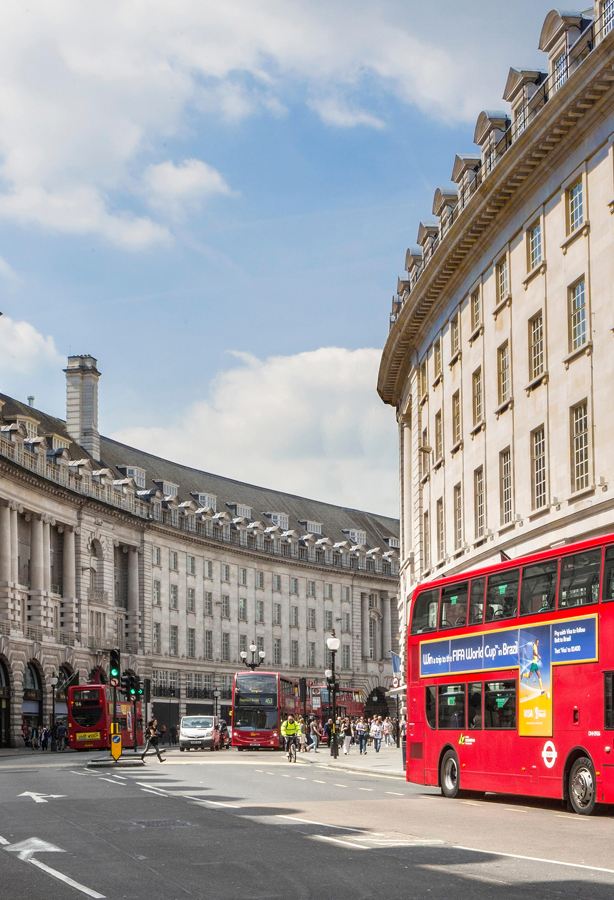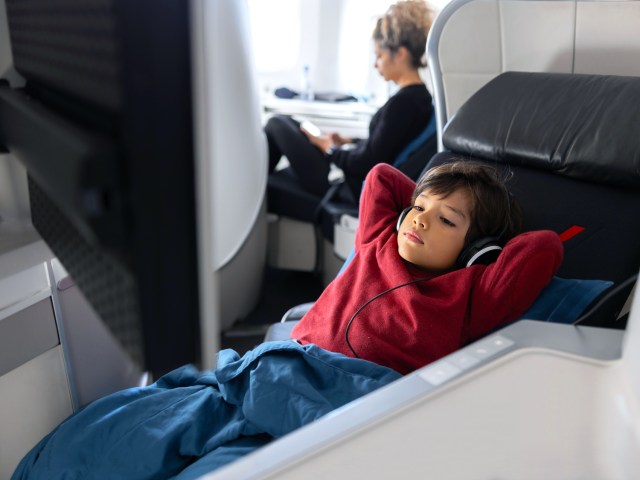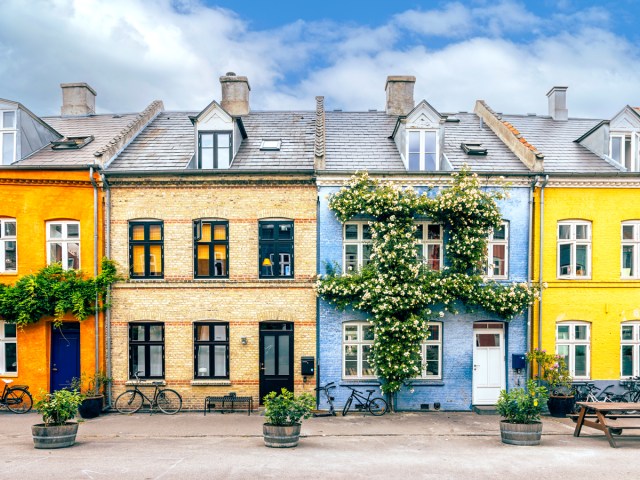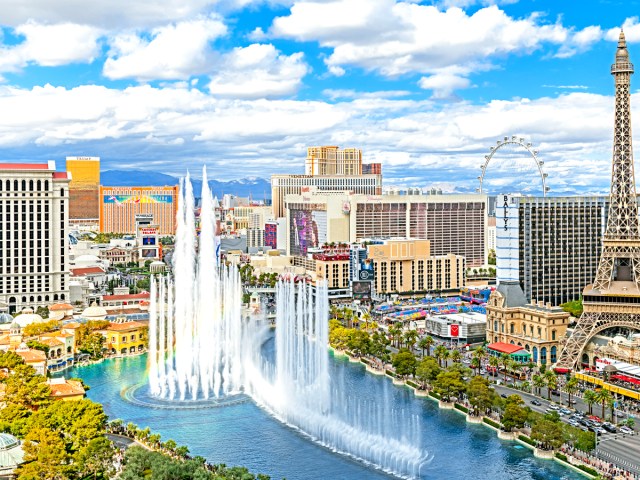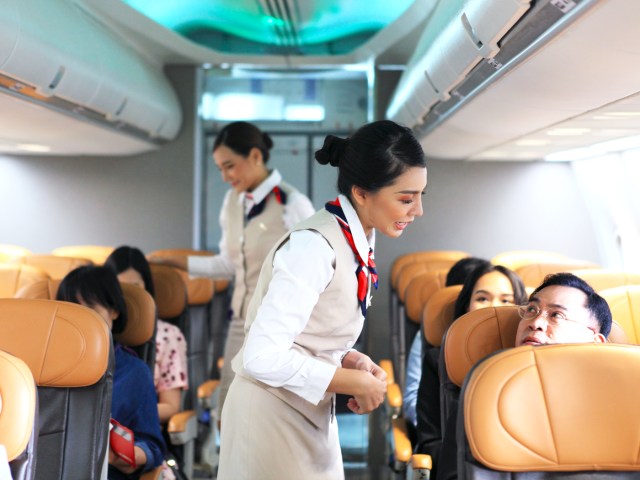Even seasoned travelers can get confused when it comes to tipping etiquette. It might be an expectation in some cultures, particularly in North America, while in others, such as Japan, it might even be considered offensive. Figuring out how much extra to add to your bill at a restaurant abroad can be awkward and frustrating, and if you leave too much or too little you may be running afoul of local tipping customs. So, it’s best to do a little research before you head to a new country — here are a few helpful tips for tipping that you should know.
Where Does Tipping Culture Come From?

As an American, you might be so used to tipping that you haven’t given much thought to where the custom originated. Tipping has its roots in the Middle Ages, but it didn’t become widespread until the 19th century in Tudor England, according to the book Tipping: An American Social History of Gratuities. Visitors to private homes gave their host small sums of money, known as vails, for their kindness. By the beginning of the 19th century, guests at Britain’s stately homes could expect to dish out a sizable sum of money to their staff. As Americans began to travel overseas, they took notice of the practice and adopted it.
Where Should You Tip?
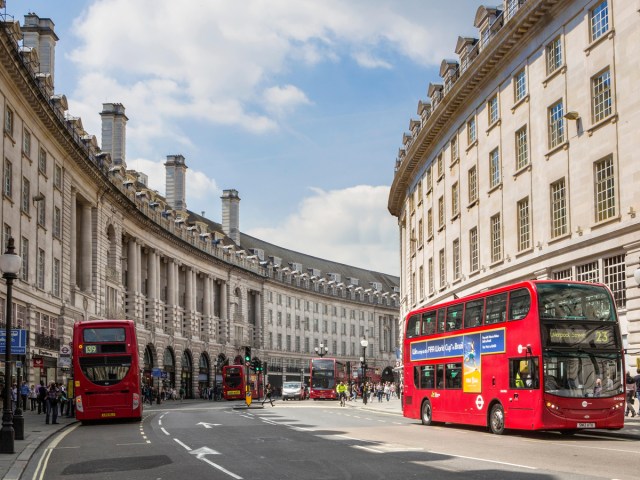
These days, though tipping is usual in restaurants, you won’t find as widespread of a tipping culture in the U.K. as in North America. It’s customary to tip between 10% to 15% of the bill when ordering a meal at a restaurant, but note that some restaurants will levy a service charge instead, in which case there’s no need to tip. And it’s not as common to tip for takeout or counter service, or in pubs and bars. If you take a taxi and are paying cash, rounding up is still the norm, or you can tip around 10%. Hotel guests generally tip porters and other workers, though this isn’t always expected.
Tipping rules vary in other European countries, but in general — if a service charge is not already included in your bill — tipping between 5% to 10% is customary for restaurants with table service. In France, most restaurants automatically add a 15% service charge by law, so it’s not necessary to tip on top of that (though a few extra euros or rounding up your bill is always appreciated). It’s a similar situation in Switzerland, where service is included in the bill by law.
In Southern European countries such as Italy, Portugal, and Spain, you’ll often find as little as 5% is considered an acceptable tip. Similarly, in Benelux and Scandinavia, 5% to 10% will suffice if there’s no service charge on your bill. In many establishments in Germany and Austria, a server comes to your table wearing a money belt. The tip in these situations (and in many other European countries) is paid by cash, and you’re only expected to round up your bill by a few euros, whether you’re paying for a round of drinks or a tableful of meals. Use the phrase stimmt so or even a simple danke to indicate that you don’t require change.
Where to Avoid Tipping

In most Asian countries, such as Japan or South Korea, there’s no ingrained tipping culture. Concierges, waiters, and porters are likely to refuse a tip and may even be offended if offered one. In Japan, you’ll be greeted with quizzical looks if you attempt to round up your bill after a meal — it’s a little like offering your supermarket cashier the option to keep the change when you’re paying for your groceries. In addition, the strong work ethic and culture of hospitality negates the rationale of a tip as being an incentive to work harder. One exception, however, are tour guides, who are likely to politely accept a small token of your appreciation.
China is another country that doesn’t have a long history of tipping. Aside from luxury hotel chains, it would be out of the ordinary to offer extra cash for good service. In Hong Kong and Macau, however, the culture is slightly different, thanks to the colonial influence of Great Britain and Portugal. There, you’ll find things more in line with a European experience, and tipping may be appreciated in certain situations.
When in Doubt, Look Around
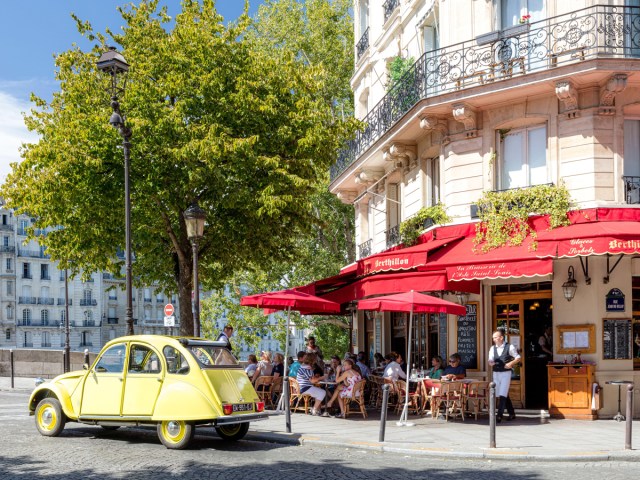
Elsewhere, such as Latin America or Africa, tipping isn’t usually expected (but always appreciated). It’s usually customary to add up to 10% to the bill at a restaurant, though — especially upscale ones. When in doubt, look around: Are the locals around you leaving a few extra coins on their check at the restaurant? Did everyone else in the tour group hand the driver some cash? If you didn’t do your research ahead of time, you can always follow the lead of others.






